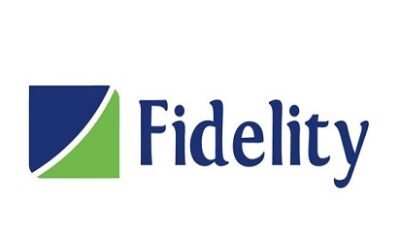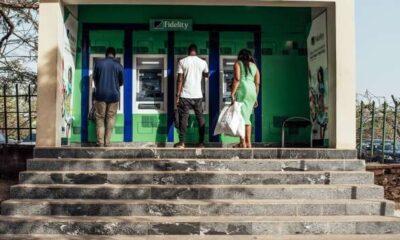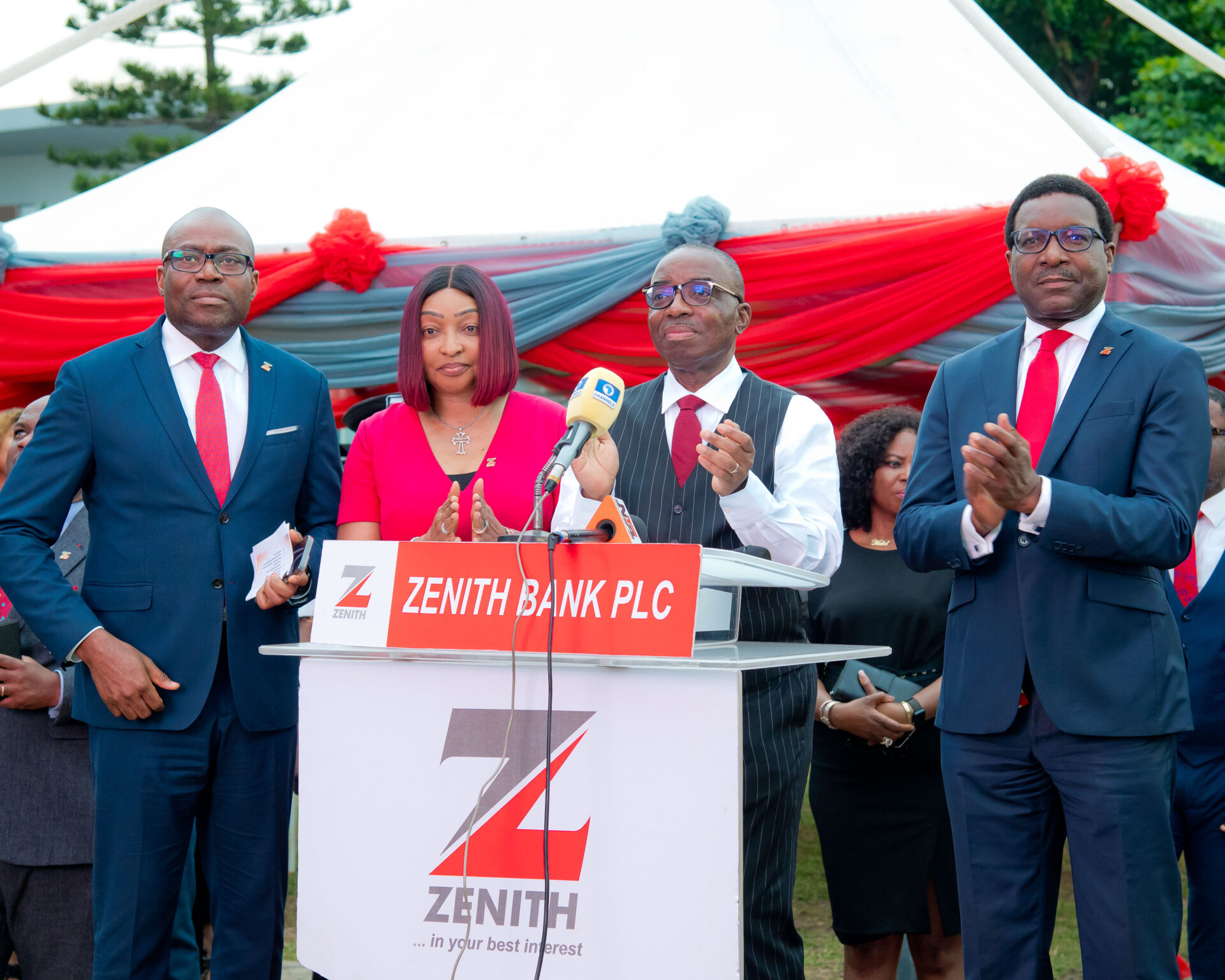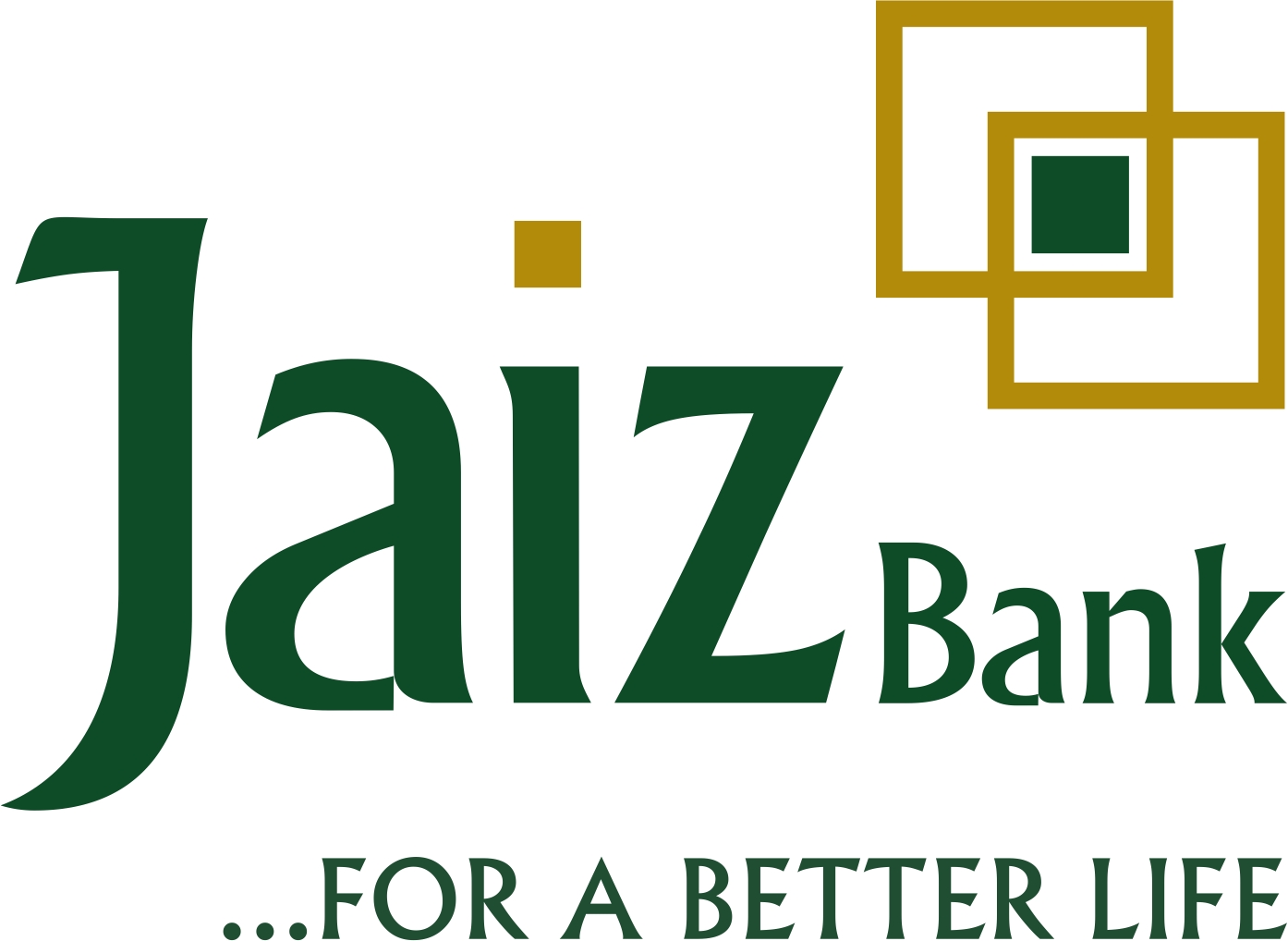For the fifteenth consecutive year, Zenith Bank Plc has retained its position as the Number One Bank in Nigeria by Tier-1 Capital in the 2024 Top 1000 World Banks’ Rankings, published by The Banker Magazine.
This ranking places Zenith Bank Plc as the 565th Bank globally with a Tier-1 Capital of $2.01 billion. The rankings, published in the July 2024 edition of The Banker Magazine of the Financial Times Group, United Kingdom, recognise Zenith Bank’s continued financial strength and stability.
They are based on the 2023 year-end Tier-1 capital of banks globally and remain the primary source for global bank financials used by most international organisations in their assessments of banks.
Tier-1 Capital describes capital adequacy, the core measure of a bank’s financial strength from a regulator’s perspective.
According to the ranking, Tier-1 Capital, as defined by the latest Bank for International Settlements (BIS) guidelines, includes loss-absorbing capital, i.e., common stock, disclosed reserves, retained earnings, and minority interests in the equity of subsidiaries that are less than wholly owned.
A strong Tier-1 capital ratio boosts investor and depositor confidence, indicating the Bank is well-capitalised and financially stable.
Commenting on this achievement, the Group Managing Director/CEO of Zenith Bank Plc, Dame (Dr.) Adaora Umeoji, OON, said, “We are deeply honoured to be recognised as the Number One Bank in Nigeria by Tier-1 Capital for the fifteenth consecutive year. This recognition is a testament to our strategic focus on sustainable growth, innovation, and customer satisfaction. It also emphasises our resilience and strength in navigating the ever-evolving financial landscape. Our dedicated team of professionals has remained steadfast in ensuring that we maintain our position at the forefront of the banking industry.”
She extended her profound and sincere appreciation to the Founder and Chairman, Dr. Jim Ovia, CFR, whose visionary and transformative leadership has played a pivotal role in cultivating a resilient and thriving establishment.
She also expressed her deep appreciation for the board’s insightful governance, the staff’s relentless dedication, and the unwavering loyalty of the bank’s esteemed customers to the Zenith brand.
Zenith Bank’s financial performance for the year was driven by a remarkable triple-digit growth of 125% in gross earnings, from N945.6 billion reported in 2022 to N2.132 trillion in 2023. This growth led to an improved market share in both the retail and corporate segments despite a persistently challenging macroeconomic environment.
The increase in gross earnings was primarily due to growth in interest and non-interest income. Interest income growth was attributed to the increase in the size of risk assets and their effective repricing, while non-interest income was driven by significant trading gains and gains from the revaluation of foreign currencies.
Zenith Bank recently commenced recapitalisation efforts with the conclusion of its Capital Markets Day held on 11th July 2024. It aims to raise the least amount of capital amongst its peers at N230 billion, considering it already maintains a robust capital base of N270.7 billion.
The Bank remains dedicated to supporting the growth of the Nigerian economy and providing its numerous customers with innovative and efficient banking solutions.
Zenith Bank’s track record of excellent performance has continued to earn the brand numerous awards, with these latest accolades coming on the heels of several recognitions. These include being recognised as the Number One Bank in Nigeria by Tier-1 Capital for the fourteenth consecutive year in the 2023 Top 1000 World Banks Ranking, published by The Banker Magazine.
The Bank was also awarded the Bank of the Year (Nigeria) in The Banker’s Bank of the Year Awards for 2020 and 2022; and Most Sustainable Bank, Nigeria in the International Banker 2024 Banking Awards.
Further recognitions include Best Bank in Nigeria for three consecutive years from 2020 to 2022 in the Global Finance World’s Best Banks Awards and Best Commercial Bank, Nigeria for three consecutive years from 2021 to 2023 in the World Finance Banking Awards.
Additionally, Zenith Bank has been acknowledged as the Best Corporate Governance Bank, Nigeria, in the World Finance Corporate Governance Awards for 2022 and 2023, and ‘Best in Corporate Governance’ Financial Services’ Africa for four consecutive years from 2020 to 2023 by the Ethical Boardroom.
The Bank’s commitment to excellence saw it being named the Most Valuable Banking Brand in Nigeria in the Banker Magazine Top 500 Banking Brands for 2020 and 2021, and Retail Bank of the Year for three consecutive years from 2020 to 2022 at the BusinessDay Banks and Other Financial Institutions (BAFI) Awards.
The Bank also received the accolades of Most Sustainable Bank, Nigeria, in the International Banker 2023 Banking Awards, Best Commercial Bank, Nigeria and Best Innovation in Retail Banking, Nigeria, in the International Banker 2022 Banking Awards. Zenith Bank was named Bank of the Decade (People’s Choice) at the ThisDay Awards 2020, Bank of the Year 2021 by Champion Newspaper, Bank of the Year 2022 by New Telegraph Newspaper, and Most Responsible Organisation in Africa 2021 by SERAS Awards.
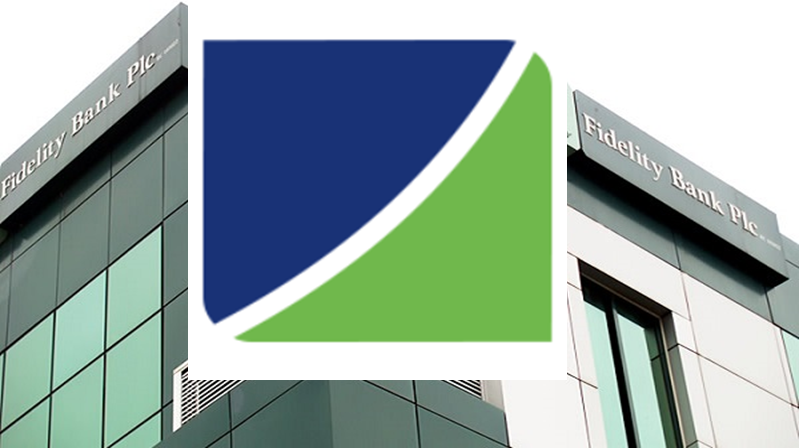

 Billionaire Watch3 weeks ago
Billionaire Watch3 weeks ago


 Startups4 weeks ago
Startups4 weeks ago


 News4 weeks ago
News4 weeks ago


 News4 weeks ago
News4 weeks ago


 Bitcoin4 weeks ago
Bitcoin4 weeks ago
 Naira4 weeks ago
Naira4 weeks ago
 Forex3 weeks ago
Forex3 weeks ago
 Treasury Bills4 weeks ago
Treasury Bills4 weeks ago



